
If you’re reading this article, you’ve already found yourself stuck in that constant game of catch-up. One minute you’re fixing an inventory mismatch, the next you’re sorting out a shipping delay or chasing down data from different apps that don’t talk to each other. It’s truly exhausting. So, you know you need an ERP for an online store. The only question now is which one.
In this article, we’ll break down what Shopify ERP integration is, why it matters, and walk you through the top ERP systems, demonstrating their key features, pros and cons, and pricing structures. We also name the factors to consider when choosing and implementing an ERP system to help you make an informed choice and scale your operations with confidence.
| ERP system | Price | Prominent trait | Best for |
|---|---|---|---|
| Sellers Summit | From $8.00 | Seamless integration with Microsoft tools and AI-driven insights | Small to midsize businesses |
| Oracle | Custom | Highly customizable enterprise solution with extensive third-party integrations | Large enterprises |
| Brightpearl | Custom | Real-time synchronization across multiple sales channels | Retailers and wholesalers |
| Acumatica | Custom | Scalable, cloud-native ERP designed for growing businesses | Growing midsize organizations |
| NetSuite | Custom | Comprehensive cloud-based ERP supporting broad automation and advanced analytics | Medium to large businesses |
| SAP | Custom | Scalable, comprehensive ERP with strong data visibility | Small to midsize businesses |
| Odoo | €0 (for one app only) | Highly flexible, open-source ERP with modular applications | Small businesses to growing enterprises |
| Aptean | Custom | Industry-specific ERP focused on real-time data, process automation, and boosting productivity | Manufacturing, distribution, and retail sectors |
| Sage | Custom | Robust, adaptable ERP optimized for ecommerce and distribution with extensive reporting capabilities | Small to midsize businesses |
| BlueCherry | Custom | Specialized ERP for fashion and apparel, delivering real-time insights and supply chain optimization | Fashion, apparel, and consumer goods companies |
What is Shopify ERP integration?
Shopify ERP integration connects Shopify with enterprise resource planning (ERP) systems, enabling real-time synchronization of inventory, orders, financial data, and customer information for streamlined business operations.
Why is the Shopify ERP software system important?
ERP integration with Shopify boosts efficiency by syncing data across your ecommerce store and business operations. By using them, you can:
Automate data management by reducing manual data entry through syncing inventory, orders, and customer information.
Enhance operational efficiency by streamlining business processes to improve workflow as well as productivity.
Improve inventory accuracy through real-time updates, ensuring optimal stock levels, preventing stockouts and overstocking.
Optimize order processing efficiency to improve speed as well as ensure error-free order fulfillment and on-time deliveries.
Enhance financial management by connecting accounting tools seamlessly to ensure accurate bookkeeping and reporting.
Ensure your company's financial growth by enabling scalability, optimizing processes as your company expands, and enabling adjustment to increasing sales volumes and changes.
Best Shopify ERP integration solutions for your store
Here are the best ERP solutions that seamlessly integrate with Shopify, helping you automate workflows, manage inventory, and gain real-time insights.
#1 Microsoft Dynamics 365 Business Central

Microsoft Dynamics 365 Business Central is a cloud-based ERP for Shopify software that offers CRM, sales, marketing, project management, and financial tracking features. AI, machine learning, and data insight are used to offer maximum productivity.
Price:
Free trial avaliable
Essentials (from $70.00 user/month, paid yearly)
Premium (from $100.00 user/month, paid yearly)
Team Members (from $8.00 user/month, paid yearly)
Key features:
Automated email campaigns
Order and customer support service and management
Retail and ecommerce retail solutions based on AI
Central customer interaction hub
Quotes and invoicing simplified
Smart search and target audience selection
Pros:
Highly customizable and scalable
Cloud infrastructure remote access
Seamless integration with Microsoft collaboration software
AI-driven analytics insights
Easy for users familiar with Microsoft's ecosystem
Robust data security features
Cons:
High cost to small-scale enterprises
Customization may require technical skills
Possible slowdowns with large data sets
Integration with third-party apps can be challenging
#2 Oracle
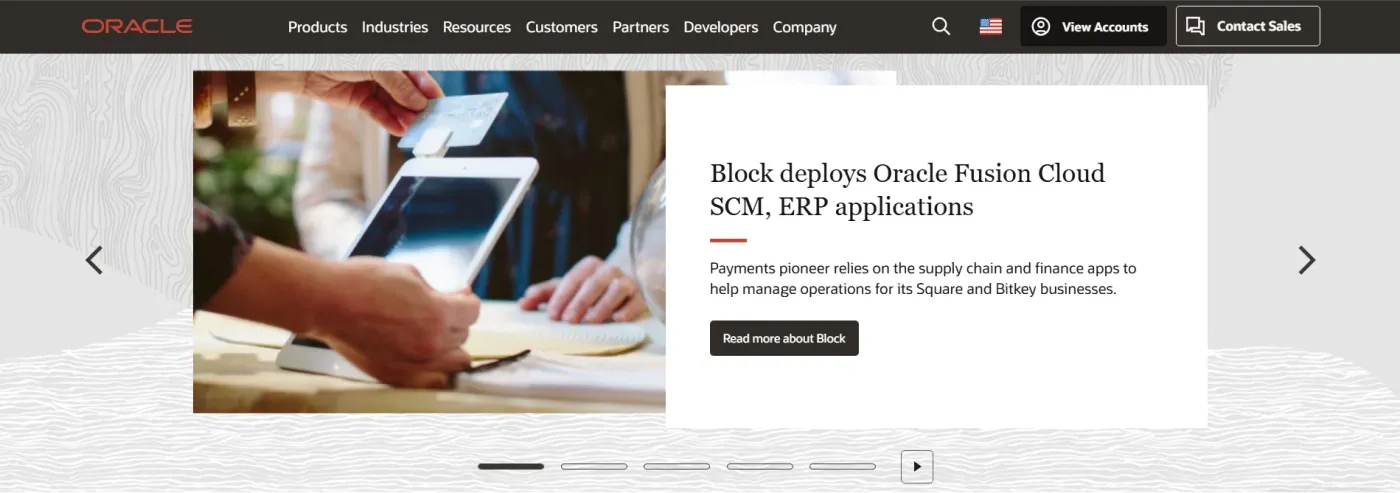
Oracle is a cloud enterprise resource planning solution used by large companies across the globe to help them improve efficiency, agility, and scalability. It automates data entry, provides real-time reports, and supports easy integration with other systems.
Price: Custom
Key features:
Customer relationship management (CRM)
Mobile accessibility
Social media compatibility
Multi-store management
Categorization of products
Pros:
Customizable as per specific business needs
Huge number of third-party integrations
Configurable setup, pricing, and features
Easy-to-use interface for easy navigation
Cons:
Costly setup and maintenance
May need further training for staff
Scalability may be a problem as your business grows
#3 Brightpearl
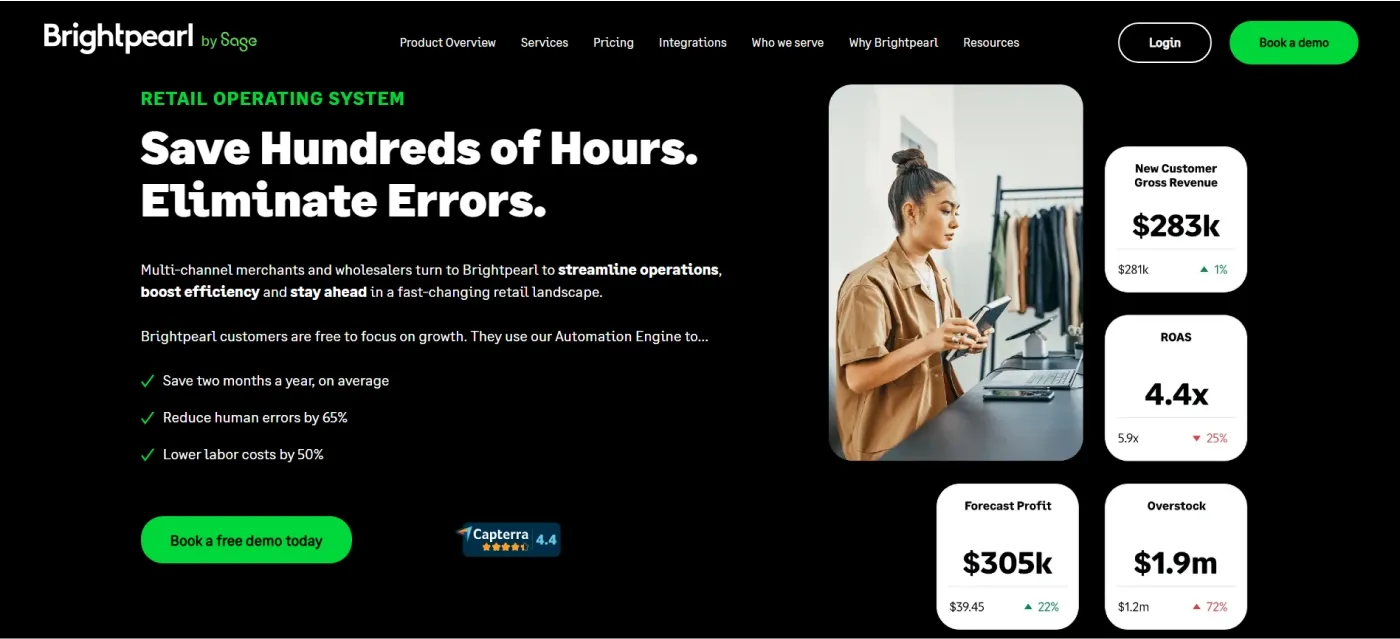
Brightpearl is a small and medium-sized ecommerce enterprise ERP with inventory, CRM, sales, purchase, and accounts. Its real-time features update your inventory counts on all of your sales channels.
Price: Custom
Key features:
Automation of workflow with no code needed
Warning of replenishment based on sales for inventory planning
Integration with ecommerce, shipping, accounting, and 3PL solutions to keep all your sales channels' orders and inventory in sync
Fast 120-day implementation and support available 24/7
Pros:
Intuitive and friendly
Smooth operation
Helpful customer support
Cons:
Less customization for complex processes
More costly for small organizations
Heavy reliance on third-party applications
#4 Acumatica
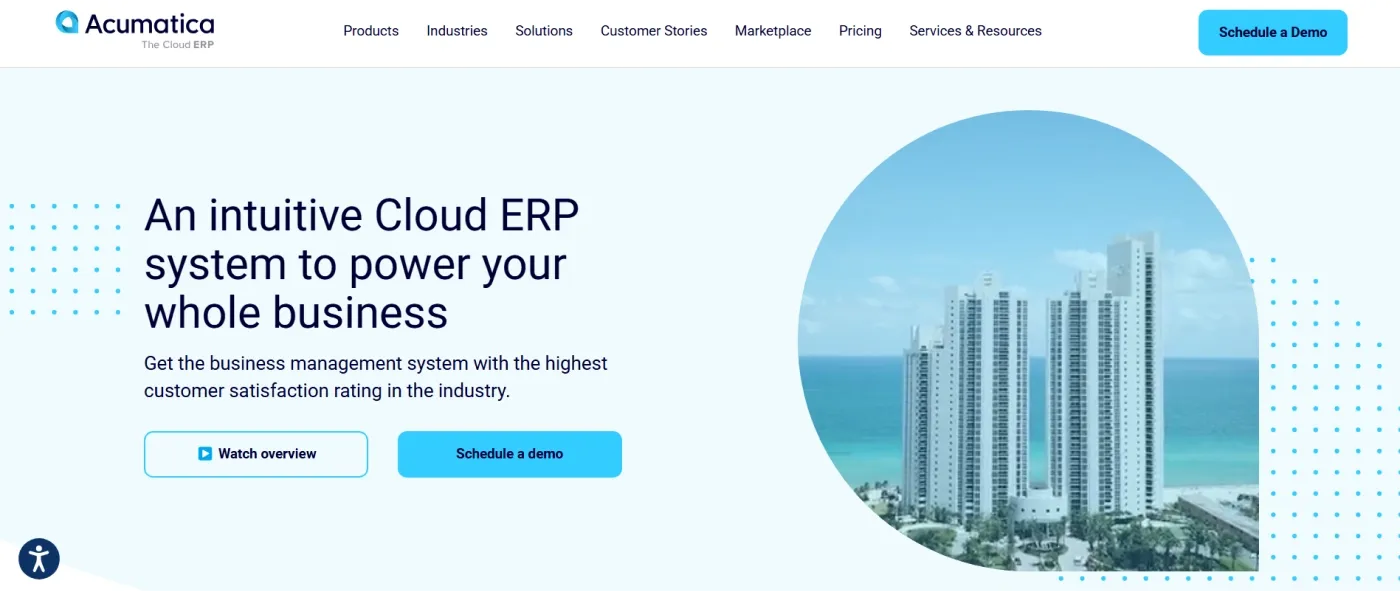
Acumatica is a reliable Shopify ERP solution that offers financial, project, and distribution management. This platform provides you with real-time insights into your business processes, which further enable data-driven decisions.
Price: Custom
Key features:
Full suite of accounting functions and reporting capabilities
Distribution applications to automate warehouses, maximize inventory, and boost sales
Real-time visibility and end-to-end control of your manufacturing
Modern pay-as-you-go, consumption-based pricing that can expand and shrink
Access to data from any device
Customer order management
Pros:
Seamless scalability for a growing business
Intuitive-to-use interface with modern looks
Out-of-the-box integration support
Low-code customizability reduces IT dependence
Built-in automation to streamline processes
Cloud-native with remote support
Cons:
Complex setup for first-time users
Increased price for advanced modules
Industry-specific features unavailable
Fewer mobile-supporting features
Expertise may be necessary for customization
Difficult integration with existing systems
#5 NetSuite
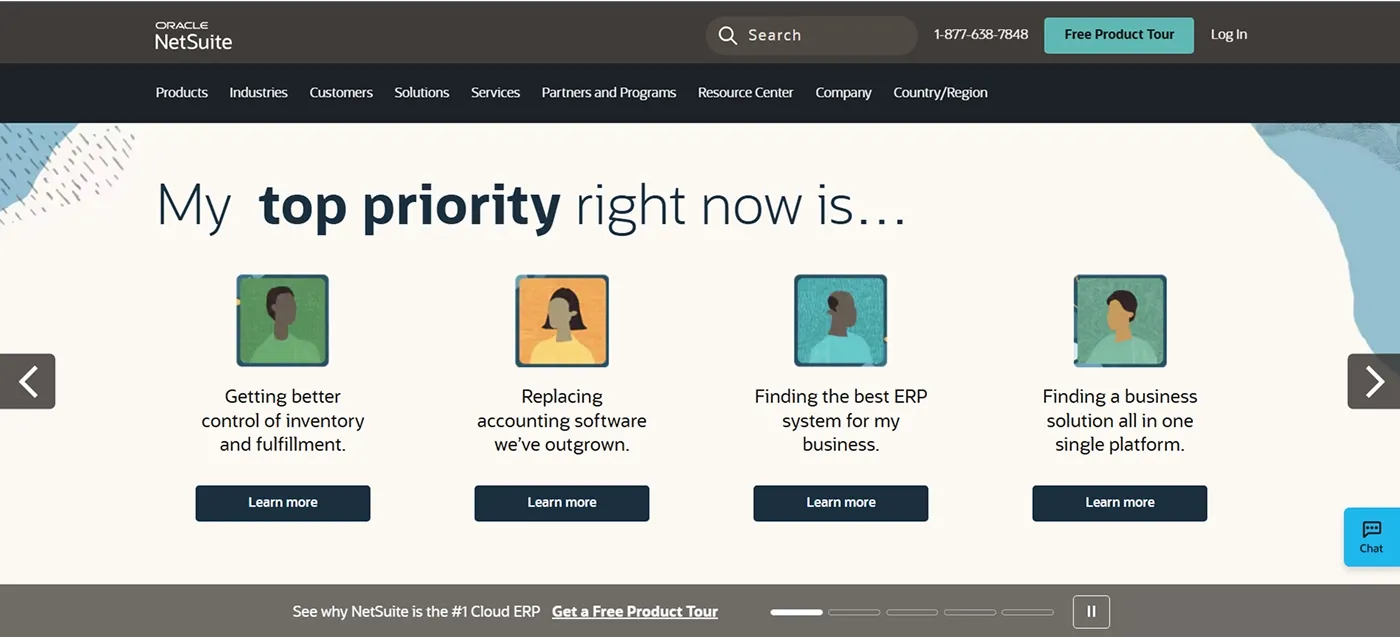
NetSuite is a popular ERP that supports CRM, HRM, inventory management, customization, and cloud storage of business information. Provides customized solutions to improve automation, workflow, and ease of management.
Price: Custom
Key features:
Financial management and detailed reporting
Inventory management and order management
Monitoring cash flow and expenses
Improved data and cloud system protection
Pros:
Supports growth and technological advancements
Automates repetitive tasks for efficiency
Integrates smoothly with most apps
Packed with specialized add-ons and modules
Cons:
More users cause higher license costs
24/7 support requires extra payment; basic support is minimal
Installing is complex and takes time
#6 SAP Business One

SAP is a comprehensive ERP software designed for manufacturing, logistics, and complex operational workflows. Its cutting-edge features simplify the procurement, warehouse management, and production processes, enabling businesses to gain better visibility and lower costs.
Price: Custom
Key features:
Automates accounting, budgeting, and financial reporting
Simplifies monitoring of sales, customer management, and marketing campaigns
Optimizes inventory control, procurement, and warehouse integration
Offers business intelligence with interactive reports and real-time data
Provides mobile access, web-based management, and industry-specific solutions
Pros:
Grows along with your business, ideal for small and medium-sized businesses
Smartly integrates with most applications and systems
Scalable deployment supporting both on-premises and in the cloud
Tracks user actions well, including interactions and logs changes
Supports mobile applications for on-the-go access
Cons:
Installation and configuration take time and expense
Limited database capacity
Inflexible and limited in production planning
#7 Odoo
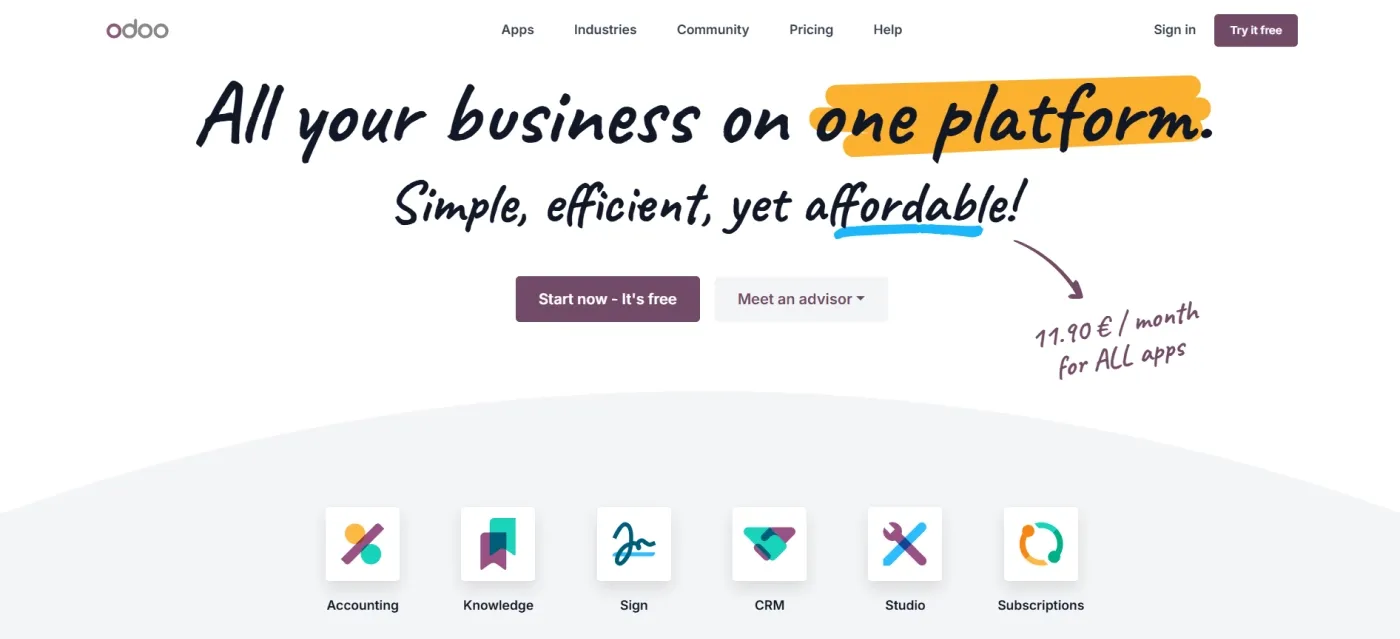
Odoo is an open-source ERP solution that adapts to business needs with modular customization. It has over 35 core applications a business can integrate based on its requirements to streamline operations, enhance workflow efficiency, and drive data-driven decision-making.
Price:
One App Free (€0 for one app only, unlimited users)
Standard (€11 /user/month)
Custom (€17.90 /user/month)
Key features:
Modular integration for seamless business operations, including accounting, CRM, sales, purchasing, inventory, manufacturing, projects, marketing, HR, and more
Workflow automation
Advanced reporting and analytics
Deployment type with both cloud and on-premise
Third-party integrations
Pros:
Fully integrated, all-in-one system
Highly flexible and customizable
Scalability
An open-source tool that makes it inexpensive
Active community support
Cons:
May be technically skill-specific to install and maintain
Updates may cause compatibility issues with customizations
Potential stability issues under heavy system load
#8 Aptean
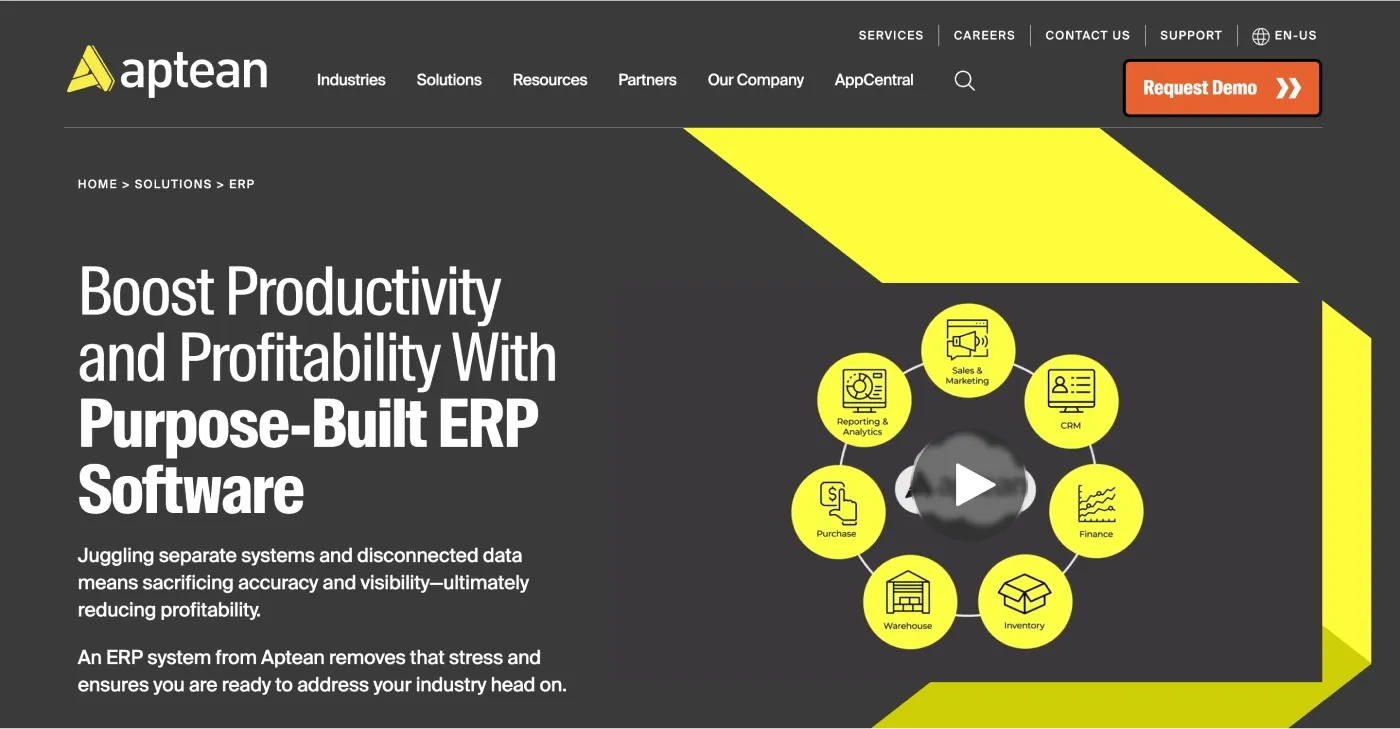
Aptean is an ERP system that unifies all data into a single, real-time system and offers customized solutions for a range of sectors. It helps companies increase productivity and profitability by streamlining processes, including production, inventory control, and demand planning.
Price: Custom
Key features:
Product performance and evaluation metrics
Retail compliance with RFID, order routing, EDI, and labeling
Inventory and demand management
Supplier and customer portals for billing management
Manufacturing planning for production and capacity management
Pros:
User-friendly interface
Customer support and customization
Perfect for EDI transaction-using retailers
Cons:
UI does not provide financial tools
Requires expert installation to implement smoothly
Occasional freezing, risking data loss
#9 Sage
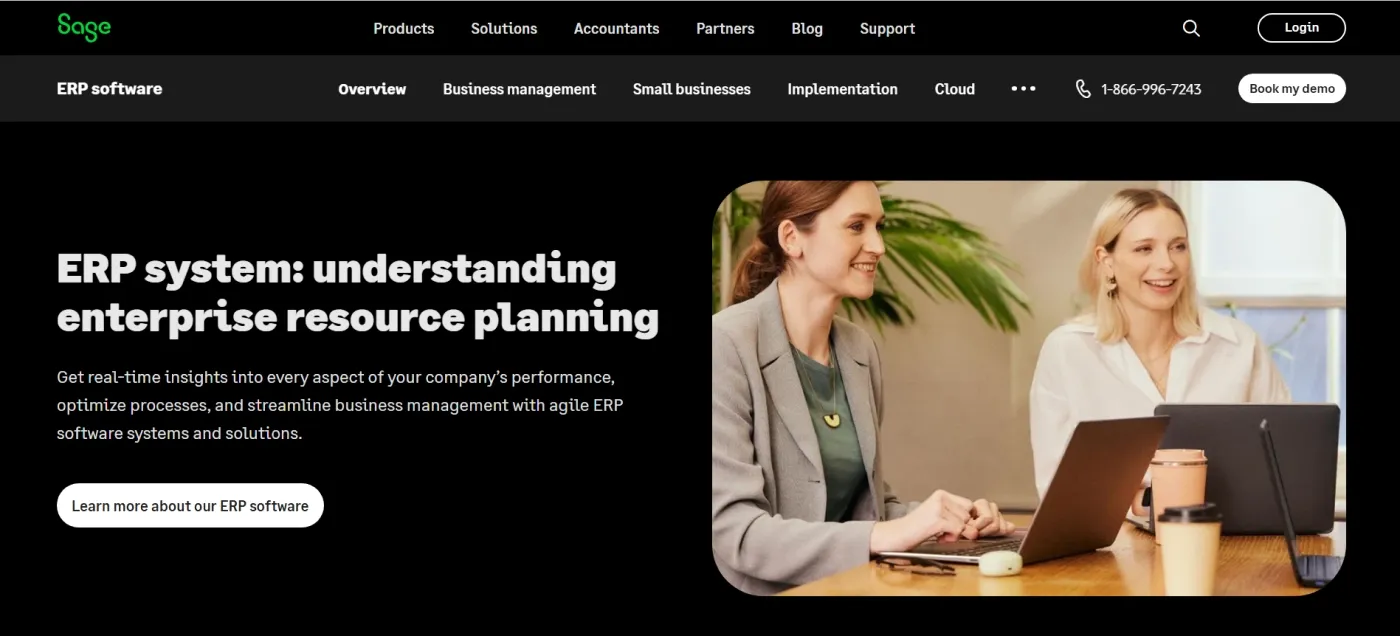
Sage is an ERP solution that offers comprehensive business management tools tailored to various industries. It optimizes Shopify operations for ecommerce businesses, streamlining finance, inventory, manufacturing, and customer relationship.
Price: Custom
Key features:
Flexible site setup
Inflow and outflow management
Warehouse optimization
Real-time inventory tracking
SEO integration
Automated tax processing
Secure data management
Pros:
Scalable and adaptable
Strong for manufacturing and distribution
Advanced reporting tools
Cons:
Needs extra customization
Dated interface
Less suited for large enterprises
#10 BlueCherry
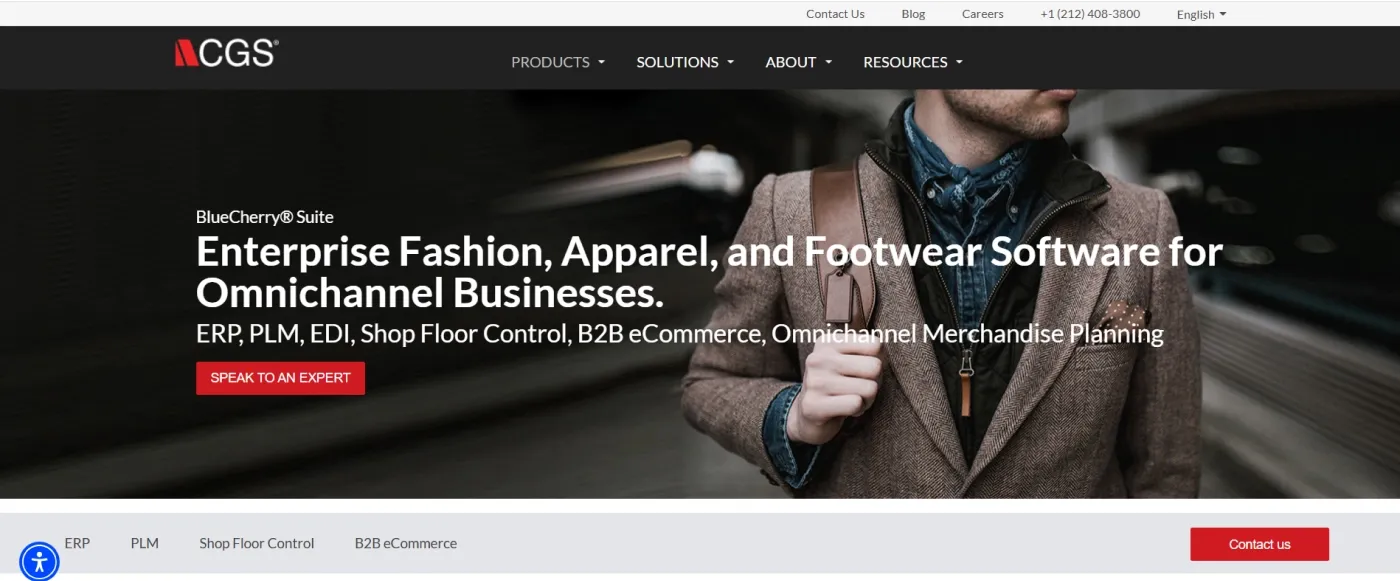
BlueCherry is a Shopify ERP solution that streamlines operations for fashion, apparel, and footwear brands, optimizing supply chains, reducing costs, and boosting efficiency. With real-time insights and integrated tools for forecasting and ecommerce, it empowers businesses to stay agile and productive.
Price: Custom
Key features:
Omnichannel planning with retail and financial calendar data
Demand planning and forecasting to accurately predict demand, optimize inventory, reduce waste
Enterprise database tool for real-time reporting
Configurable dashboards and alerts
Multi-channel ecommerce integration
Sales tracking and supply chain management capabilities
Built-in communication and collaboration tools
Cloud-based, web-accessible on desktop and mobile devices
Pros:
Real-time visibility across enterprise processes
Advanced analytics and reporting
Comprehensive management capabilities
Accessible via desktop and mobile devices
Cons:
Some features may require extra training for optimal use
Primarily suited for the footwear, and fashion and apparel industries
Utilization of cloud access may be difficult for offline activities
Now that you’ve seen the list of solutions, you might notice some require development support. We're here to help – contact us to get expert assistance with seamless Shopify ERP integration for your store.
Factors to consider when choosing Shopify ERP software integrations
Choosing the right ERP integration for your Shopify store is crucial in order to automate your operations and help your business grow. Here are some significant factors to consider:
-
Compatibility with your business. Make sure the ERP solution is tailored to your specific needs and processes. If you have a high volume of orders or need industry-specific features, look for solutions that handle large sets of data and offer industry-specific functionality.
-
Smooth Shopify integration. Native Shopify integrations tend to provide neater functionality and less trouble than add-ons or third-party connectors. This saves time, reduces the risk of errors, and helps you avoid future costs associated with complex setups.
-
Scalability and flexibility. Your business is always evolving, so your ERP must scale with you. Choose a solution that can quickly scale to increasing volumes of data, new sales channels, or changing business models without painful customization or downtime.
-
Advanced fulfillment and inventory management. If your business includes multiple warehouses, dropshipping, or complex fulfillment procedures, your ERP should be capable of managing these in order to offer smooth order processing.
-
Automation capabilities. Automating routine tasks like order processing, invoicing, and scheduling shipments will save you time and minimize errors. Select an ERP that provides you with the ability to automate workflow and reduce manual effort.
-
Ease of use. A user-friendly and intuitive interface is the key to effective ERP adoption. Your team should be capable of utilizing the system easily, minimizing the learning process without extensive technical expertise or costly training sessions.
-
Data security. Since ERP solutions operate on confidential business and client data, choose a platform that offers strong security features, like encryption, access controls, and secure backups, to safeguard your information.
-
Customer support. ERP installations can be complicated, so choose a vendor that offers good technical support, training, and customer support. Excellent customer service will reap huge rewards in a trouble-free installation and long-term success.
-
Cost transparency. Understand the overall cost of the ERP solution, including software licenses, installation costs, upkeep, and potential add-ons. Avoid surprise charges by choosing a vendor who has transparent pricing.
-
Mobile-friendliness. With remote work being a new norm, having an easy and accessible ERP on mobile is necessary. Ensure your ERP solution is available on every device so that your employees can operate, access data, and complete tasks conveniently from wherever they are.
Summing up
Selecting the best ERP for Shopify can revolutionize your business processes, enhancing productivity, providing better financial insight, and enabling effortless, automated workflows. From the in-depth CRM features of Microsoft Dynamics 365 to the cloud-elegance of NetSuite and the industry-leading data analytics of SAP, there's a solution that suits every business size and requirement.
If you're unsure how to choose an ERP system for Shopify, but want to implement an ERP system that exactly fits your business processes, contact us - we are here to help streamline, automate, and grow efficiently.































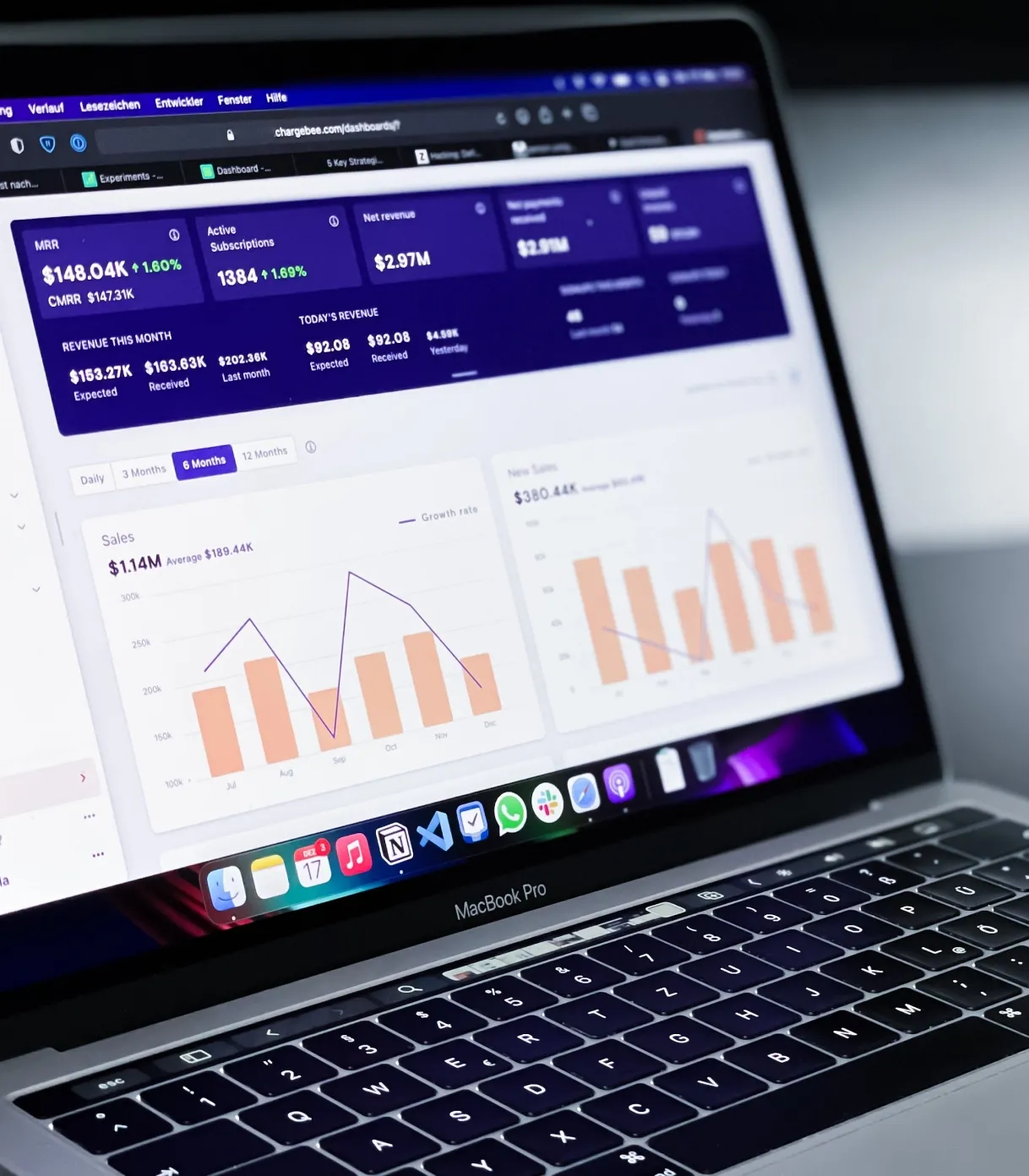
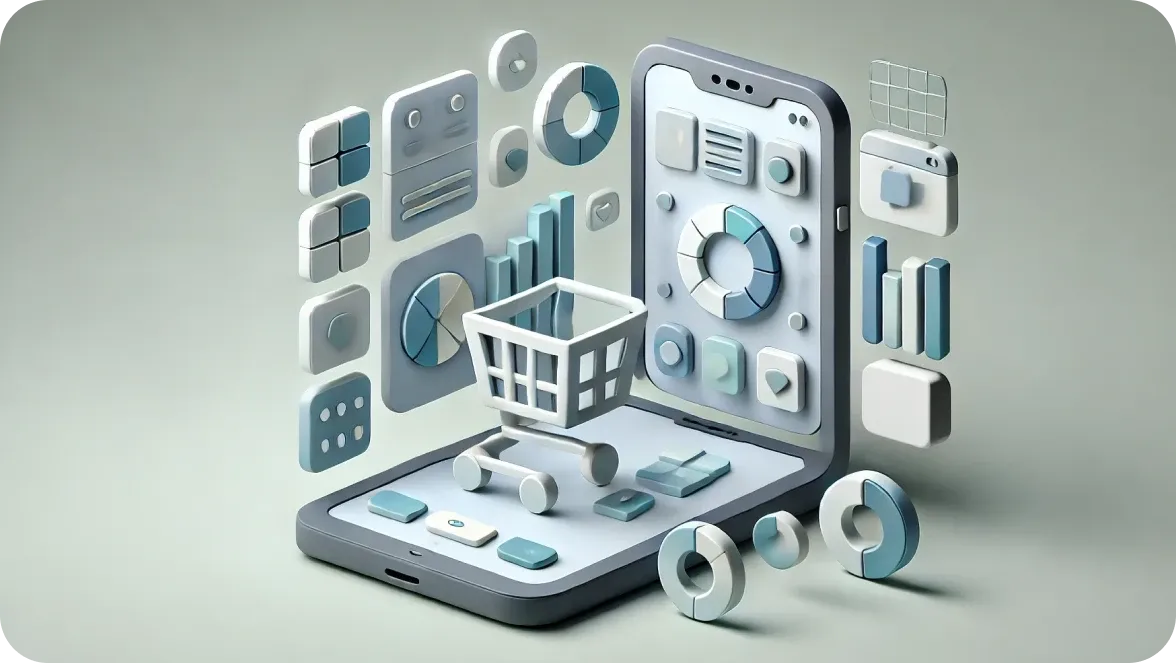
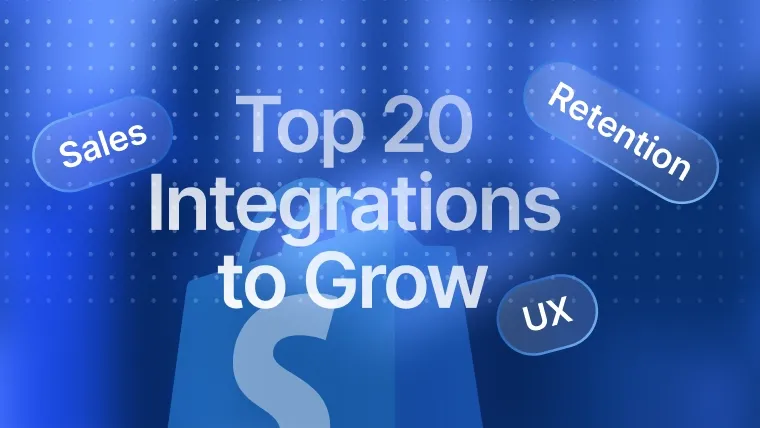

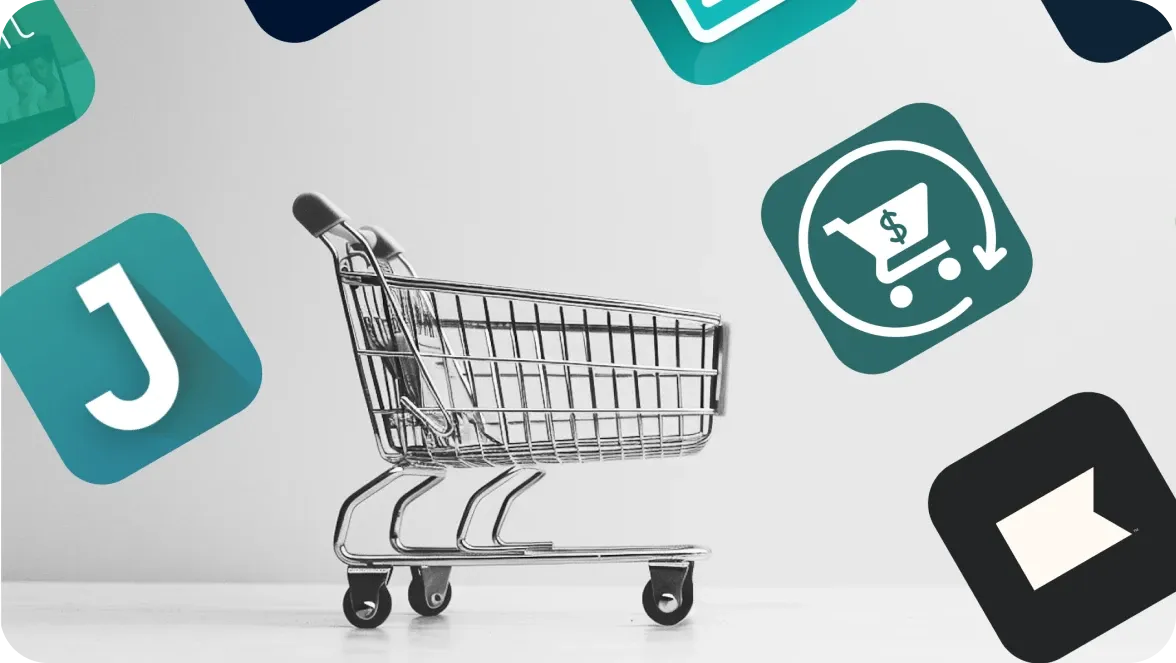




Was this helpful?
0
No comments yet